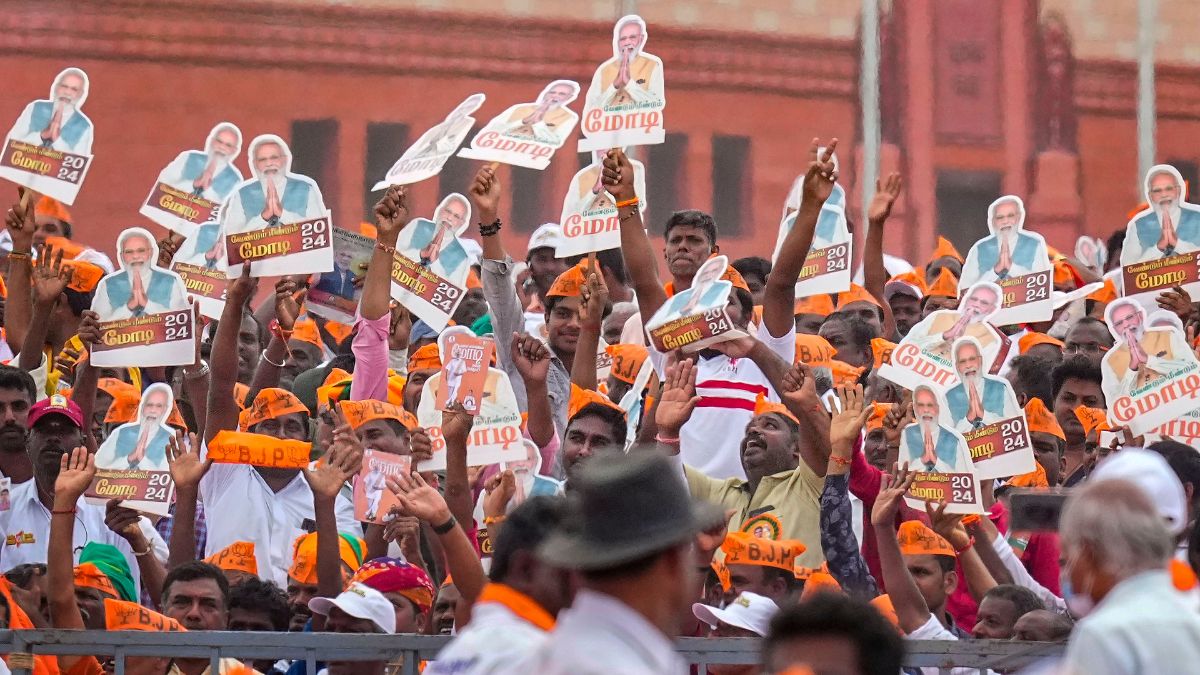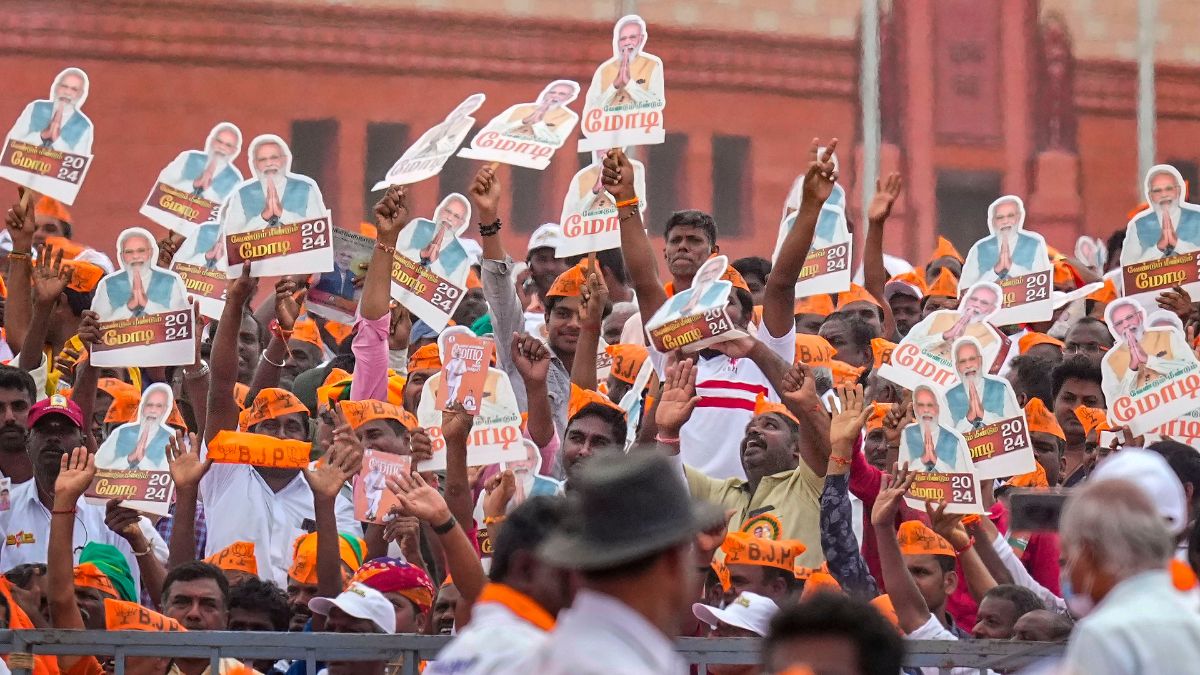Now that Italian marine Salvatore Girone has returned home after four years in Indian custody, will Italy relent? Last year, Italy blocked India’s entry to the Missile Transfer Control Regime, because of strained ties with India over the marines.
The 34-member group which makes up the MTCR works by consensus. Despite US and other major powers backing, India’s attempts were thwarted by the Italians. Ever since the arrest of the two marines in 2012, India’s ties with Italy has taken a nose dive. With Girone, who was spending his time cooped up in the Italian mission in the capita is back in Italy, will India’s path to the MTCR be smooth? The MEA is certainly hoping there will be no more hiccups.
India applied for membership to the MTCR in June 2015 after making sure that all key powers were on board. The process had started not now, but with the previous government. The hope was that during the meeting of the MTCR plenary in Oslo last October, India would be admitted. The US , France, Germany, UK were all for it. China incidentally is not a member. The unexpected jolt came from Italy.
Its veto had nothing to do with India’s proliferation record, but the Italian government’s frustration with India over the arrest of the two marines. The incident of 2012 was a major embarrassment for the ruling government in Rome and India unnecessarily took a rigid stand. The matter soon become entangled with Kerala politics. So much so that even after the UN arbitration tribunal asked Italy and India to approach the Supreme Court for bail for Girone, the two sides waited until the Kerala elections were over before approaching the apex court. The other, Italian Massimiliano Lattore, had left India because of a health problem in 2014.
The Italian government was literally roasted by their opposition for failure to protect the two marines, who had been part of the security time of the cargo boat, when the incident happened. The Somali pirates was a menace for ships at that time, and various governments deployed marines for protection against hijacking. The Italians had shot dead two Indian fishermen off the Kerala coast mistaking them for pirates. The opposition’s scathing attack as well as the bad media coverage showed Rome in bad light. Blocking India’s entry to MTCR was one way for Italy to hit back.
When the India-US civil nuclear agreement was signed there was also the promise that India would be integrated into the global non-proliferation system and harmonise its processes with that of the member states. These are the Nuclear Suppliers Group (NSG), the Missile Technology Control Regime, the Wassenaar Arrangement and the Australia Group. So far not a single door has opened. At the moment India’s focus is on the MTCR and the NSG.
It is important for India to be part of the MTCR because as former ambassador to the US, Naresh Chandra explained, accessing dual technology is much easier. “It is not that dual-technology is always denied if you are not part of the MTCR,” Chandra explained. “But a country needs to go through a long process in the US. If you are a MRTC member, there is the presumption of approval for your request, otherwise you have to start from a presumption of denial,” said Chandra.
As none of the 34-member countries in the MTCR had any objections to India’s entry, save Italy, New Delhi is hoping that it does not have to wait till the plenary in October. Indian diplomatic efforts will be focused in the next few weeks to ask member countries to push through the formalities once Italy gives the green signal. When Prime Minister Narendra Modi is in Washington he will push this with President Barak Obama. The US has already made it clear that it backs India in both the MTCR and the NSG.
India’s admission to the MTCR will have positive implications for its domestic missile production. It will help India to access better technology, including sensitive dual-use technology long denied to the country.
At one time the non-proliferation groups were aiming their guns on India. Russia was once prevented from exporting cryogenic technology to India by the MCTR. However, nobody even at that time could charge India of exporting technology or not following the non-proliferation agenda.
But there has been a sea change in world opinion since India signed the civil nuclear deal with the US. So much so, that when India applied for membership last year, this is what Foreign Policy, the prestigious US publication focuses on global affairs wrote:
“While India has always remained committed to non-proliferation of sensitive items covered by the MTCR, it has updated its domestic laws as well as its Special Chemicals, Organisms, Materials, Equipment, and Technologies (SCOMET) List in the last five years, harmonizing them completely with the MTCR guidelines. This has been recognized by the US and all other like-minded partners.”
Members too believe that entry will help India to better contribute to the global non-proliferation regime. By the looks of it, India’s entry to the MTCR will be easy, once Italy is on board. The question is whether this will happen before the plenary which is around October. For India, getting into MTCR will also smoothen the path to NSG membership. China will be a formidable force at the NSG and unlikely to be swayed by US pressure considering its irritation over what it regards as unnecessary interference by Washington in the South China Sea.


)




)
)
)
)
)
)
)
)